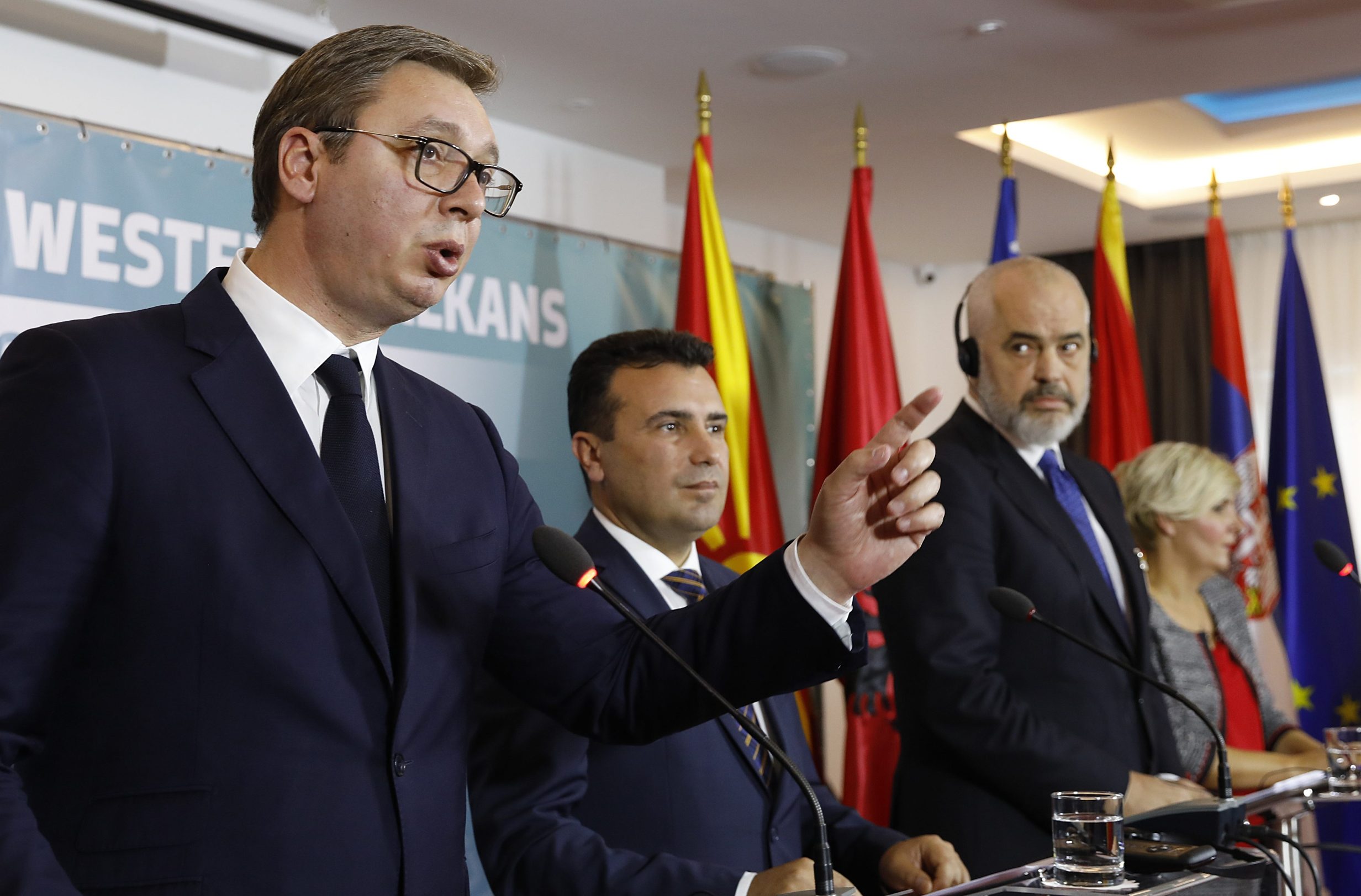
“The failure of the European Union to start membership talks with North Macedonia and Albania was a strategic mistake that has resulted in the loss of credibility”, outgoing European People's Party (EPP) president Joseph Daul said in Zagreb on EPP Congress, stressing that the move opened the door to other big world powers.
After France, Netherlands and Denmark (those three openly) blocked the opening of the membership negotiations with Skoplje and Tirana in October, we heard a lot of arguments like those of Joseph Daul. Let’s look at some of them, most common, and explain why blockade was the right decision. And first, let define our notions: Western Balkans means six states, Serbia, Bosnia and Herzegovina, Montenegro, Kosovo, Albania, North Macedonia.
Enlargement is success policy. Yes, until 2007. Then the EU opened door to Bulgaria and Romania that showed deep problems of membership accession. Both countries were from the first day of membership seen and treated as second rate members: they got the monitoring mechanism known as the Cooperation and Verification Mechanism (CVM); from 2011 they wait to enter Schengen. Excellent definition from Judy Dempsey, Carnegie Europe: “Furthermore, the illiberal wave in Poland and Hungary, in addition to the corruption in Bulgaria, Croatia, Romania, and Slovakia (not that the older EU member states are pristine) can be easily used as excuses against further enlargement”. Croatia entered in 2013. No other candidate is even near closing the negotiations. That are stalled or in a state of latent dead.
No change of rules during the game. Just short on that: rules changed several times, from a decision of not giving the strict date to a candidate (because of Bulgaria and Romania) and not allowing the bilateral disputes to block another candidate (because of Croatia-Slovenia border issue).
Freezing the EU integration process risks fostering populism, contributing to instability and placing the region in a geopolitical limbo. EU faced populism after the global financial crisis. In Western Balkans, populism is a model of governance for years. The Communist regime was populist in its core. After its collapse, nationalism and even chauvinism became its companions. It is common to say that Belarus Alexander Lukashenko is the last dictator of Europe. Milo Đukanović, president of Montenegro, is leading that small, but important state from 1987. He made it is own fief. Montenegro is a candidate state where journalists are threatened and killed, two mafia clans are fighting openly. Rule of law: ask Milo. In BiH for around a year, the same person was a Prime Minister and Speaker of the Parliament. In Albania, we witnessed fights on the streets and Parliament that was legislating without opposition. Zoran Zaev, PM of North Macedonia, used methods that are far from democratic to get a majority in Parliament to ratify Prespa Agreement with Greece about changing of the name of the state. And Serbia: president Aleksandar Vučić controls most of the media and spun a web of his party influence through the whole state.
Here we are coming to one more argument: “blow for progressive political forces throughout our region”. Having all mentioned in mind, one has to ask itself: where are those “progressive political forces”? In Montenegro, the opposition is pro-Russian and wants the country to cease its existence and turn to the community with Serbia. In North Macedonia, they were campaigning against Prespa Agreement (former PM Nikola Gruevski is in Hungary where Orbán Viktor gave him asylum). In Serbia protests against Vučić started a year ago and gained huge support from the public but opposition leaders were fighting each other so that radical right group Dveri (Gates) took over the protests. And citizens turned their back to them.
The EU should help the Balkan countries develop more precise ways of tackling sensitive areas of reform, drawing on best practices and involving local actors in the region. It is mostly answered above but it has to be said: EU was the only one helping for more than 20 years. It poured billions of euro in the Western Balkans countries. What is the result: BiH that can not form a government so it lost its place in the Parliamentary Assembly of Council of Europe. Without that money and all the work of the EU institutions for and in the region, the situation in each of these six states would be much, much worse. And that is not only a fact, but it is also an axiom.
Coming back to geopolitical limbo. Balkans is a powder keg, remember. First World War started here. Europe witnessed brutal wars after the dissolution of former Yugoslavia. But that radically changed. Western Balkans is encircled with NATO members. And, the only place where real regional, even global crisis can now erupt is North Macedonia. It is a country on the intersection of vectors of interests of Bulgaria, Turkey, Greece, Albania, Kosovo and Serbia. And Russia, through Serbia, and NATO through its members. Because of that it was the only place declared “out of touch” during the war in former Yugoslavia. NATO knew that it can become a battlefield of two member states, Turkey and Greece. When the war between Albanians and Macedonians started in 2001, the USA made all efforts needed to be stopped as soon as possible. With the Prespa Agreement, Skoplje will become a member of NATO and its security will be guaranteed. Stability of the region is secured.
Russia and Turkey will continue their activities in the region regardless of EU negotiations. Russia is very active in Slovenia and Hungary, not to mention Austria. All EU member states. And Turkey in Bulgaria and Germany. Start of negotiation talks would not change the fact that SDA, biggest Muslim party in the BiH, is consulting Ankara regarding every important political issue. And that Milorad Dodik, the Serb member of the Presidency of BiH, every week or two is making threats about secession with help of Vladimir Putin. China State Construction Engineering Corporation Limited started works on the new highway that will connect Počitelj in Herzegovina, close to the border with southern Croatia, and Međugorje, famous pilgrimage. It is part of the Vc corridor. 10 km of highway will cost €56 million and it will be financed by EIB. It is a mistake to talk about the influence of those actors, they were here before the day of Macron’s veto.
There is no doubt that Western Balkans has to become part of the EU: it is under the geographic boundaries of future EU unlike Turkey or Ukraine. But reformed EU that is capable of accepting new members. And members that will not become new problems but that will enrich the Union, like Austria, Finland and Sweden did in 1995. For that, new rules have to be written. And six states have to accept that the initiative has to come from their side. They have to be sincere when saying “we are going to reforms because our life will be better, not because the EU requires that”. Change has to emerge from within the six states. And the EU will be here to facilitate, give a helping hand.
It is time for the new game. The rational must replace the national, and the civilian must override the ethnic in this region.
There is a saying in Bosnia: Help yourself so God can help you.






Komentari
0